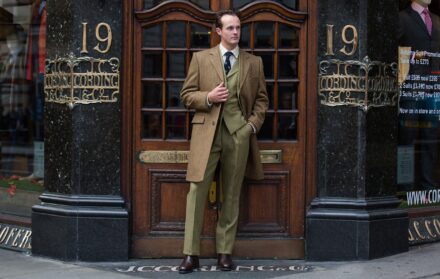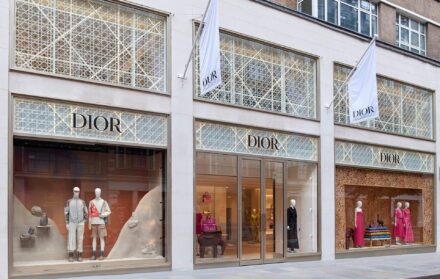
The Young Brands Crafting Timeless British Luxury
So powerful a marketing tool is the concept of 'heritage', that newly-launched brands are aligning themselves with an older sense of British history in the hope of imbuing notions of quality and tradition – welcome to
Above the door of its St James’ store, the swinging sign on Lock & Co’s awning proudly states: ‘Founded 1676’. The oldest hat shop in the world, and still a family-owned business, Lock & Co epitomises the very essence of a classic British heritage brand, with established roots, a clear sense of Britishness (it virtually invented the bowler hat) and plenty of great Britons as past customers (thank you, Messrs Churchill and Nelson). And, while recent years have seen the company collaborate with the likes of Vivienne Westwood, Jimmy Choo and Mr Porter, it is clear that the experience gained from over three centuries of trading gives it a certain edge amongst its competitors.
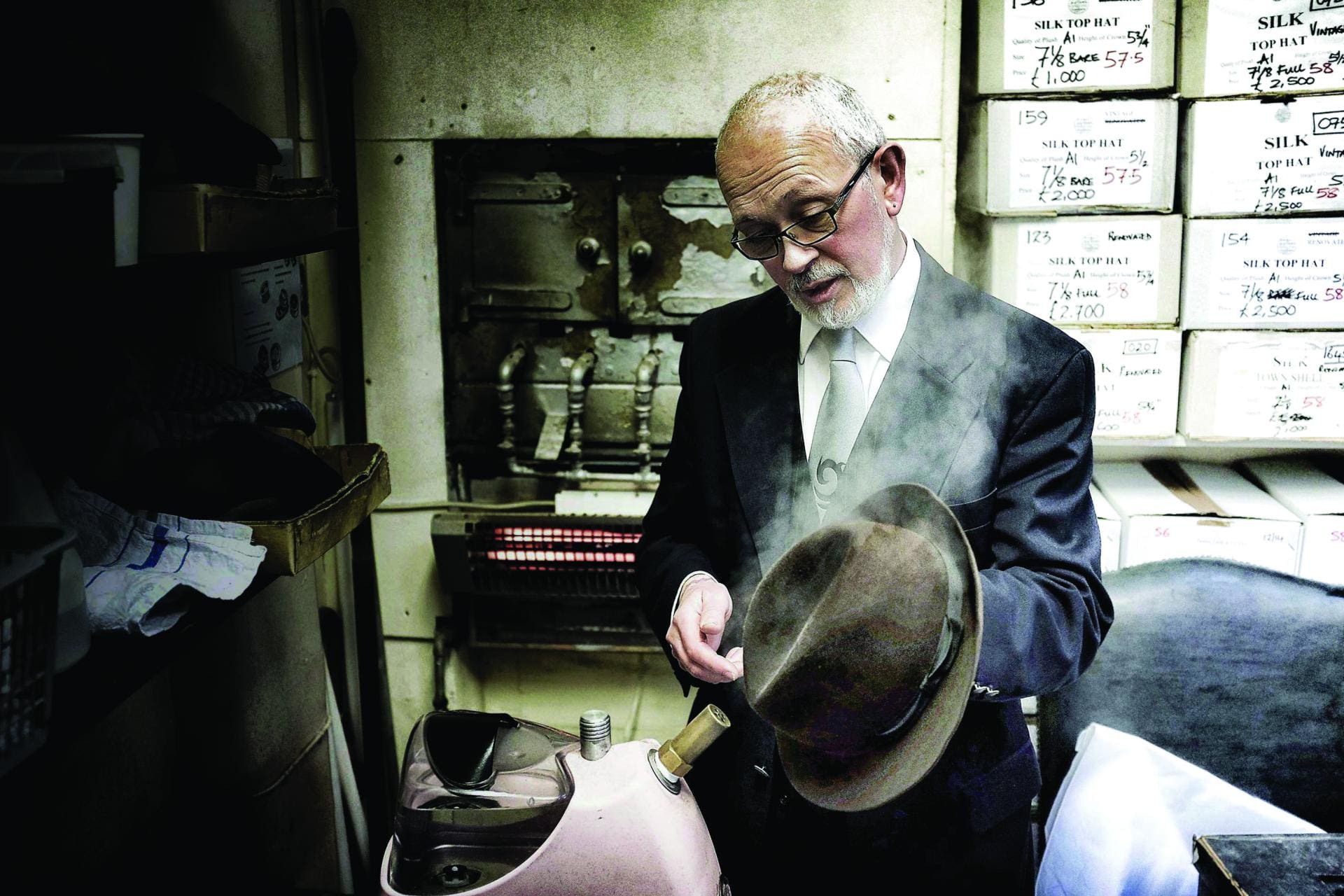
Being known as a British heritage brand is a powerful marketing strategy, both at home and abroad – ‘Britishness’ has real currency in countries like Japan, China and in the Middle East. If you can back this up with products that are considered classically British, manufactured in Britain using British materials, usually, you’re on to a winner.
So it might seem odd that a range of ‘heritage’ brands, from Barbour to Bentley, are outsourcing more and more of their production overseas. Both Mulberry and Burberry – brands who trade heavily on their British roots – have, in recent years, scaled back production in their UK factories in favour of Chinese locations. ‘Heritage’, it seems, is moving away from its literal meaning, and now means something far less tangible.
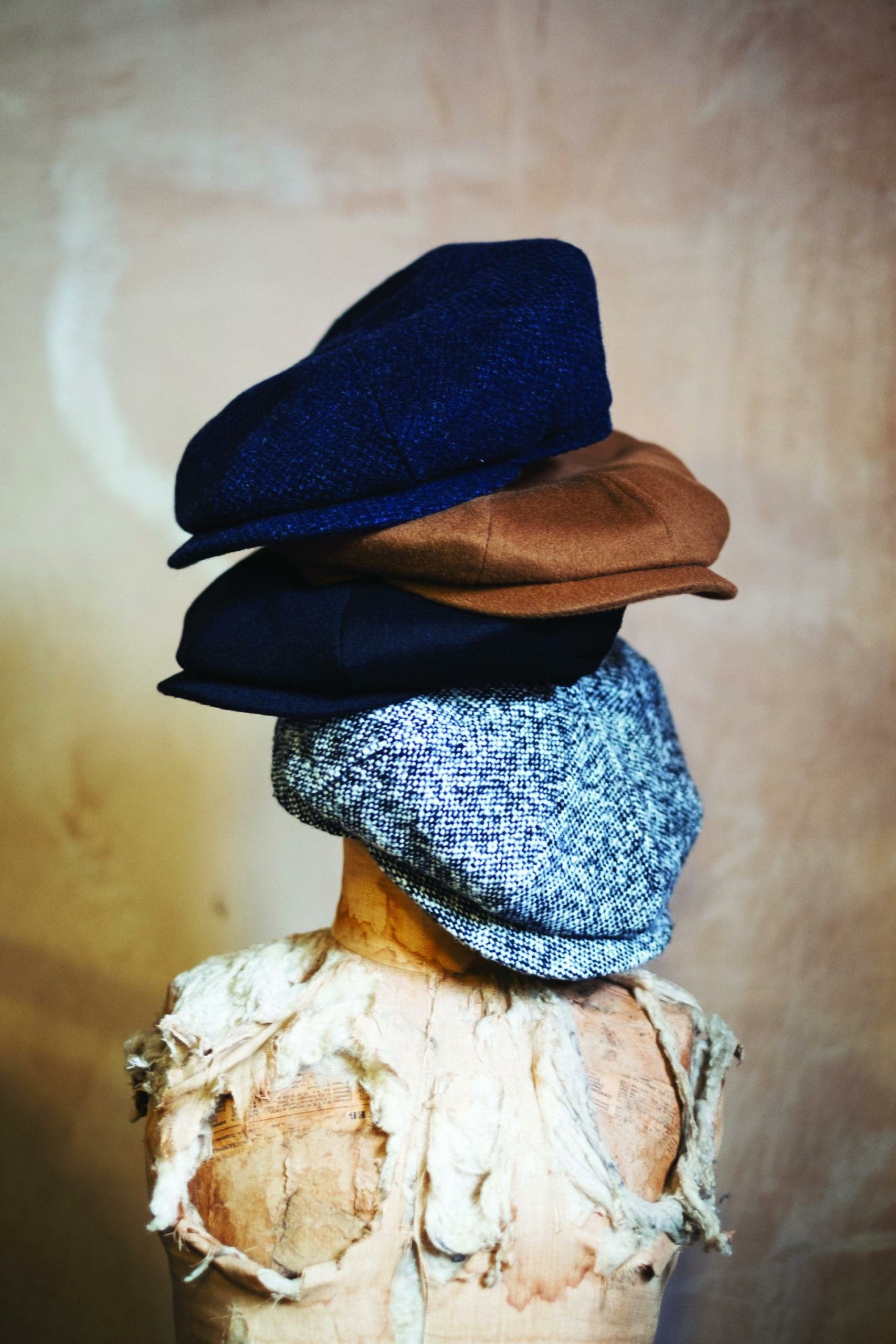
“Uber, Airbnb, Oscar, Tesla. All high-flying brands. All less than a decade old. Who’s looking for heritage now? We live in a world where what once took 200 years to earn now takes less than 20,” says Nick Clark, executive creative director at branding maestros The Partners, writing in Advertising Age magazine.
New brands are reinventing the very meaning of heritage.
The New Heritage
“Heritage signifies a transition of skills and knowledge,” says former Michelle Emmerson, CEO of Walpole, whose programme Brands of Tomorrow seeks to nurture and support the next generation of British luxury brands. “The new heritage is essentially about taking the best from the British luxury tradition and combining it with a sense of newness, whether it is adding a layer of cutting-edge technology or reinventing classic designs for increasingly discerning consumers, who are more likely to be influenced by bloggers and social media, than traditional advertising.”
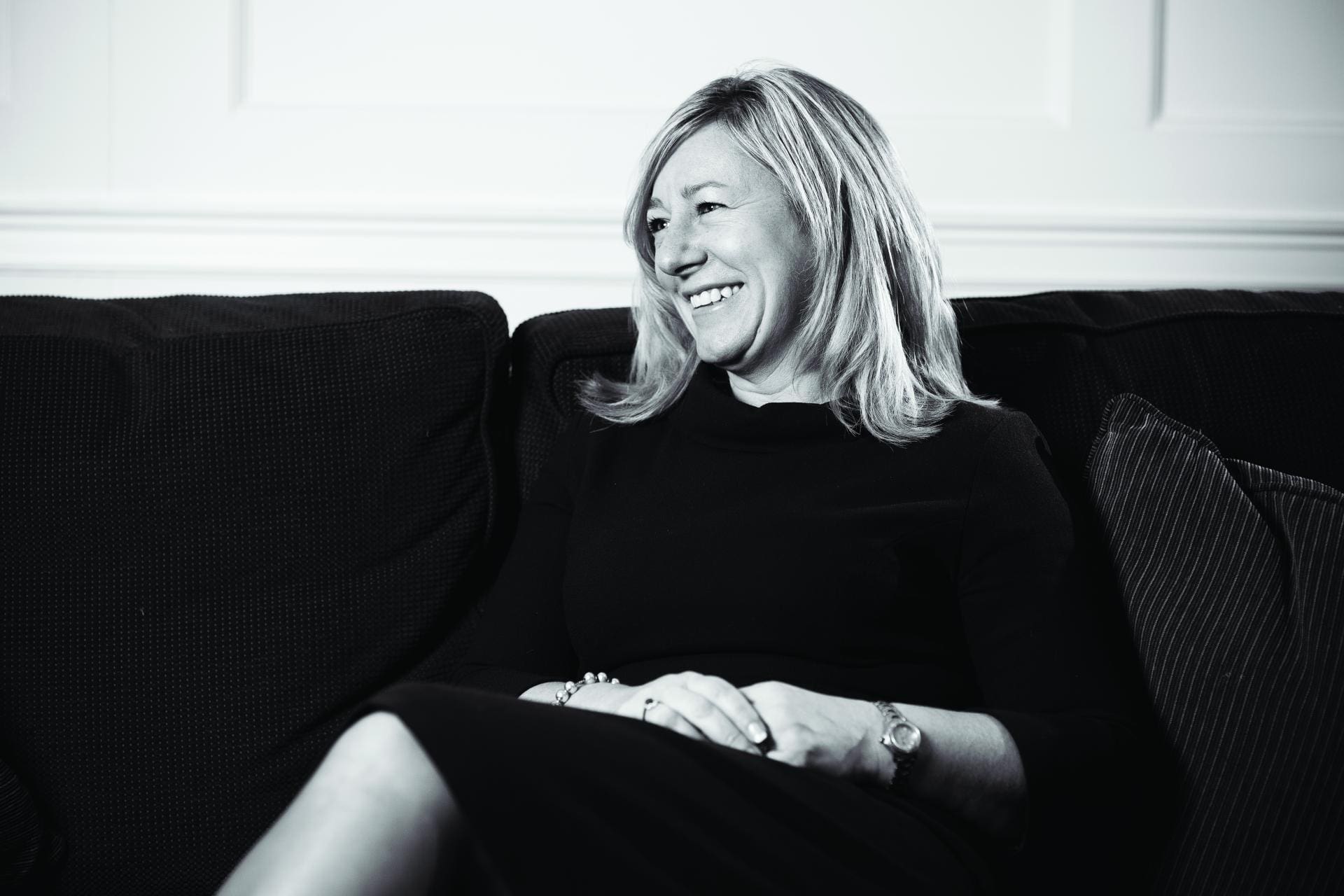
Participants in the Walpole Brands of Tomorrow programme have to be less than 10 years old, and have the common goal of creating future heritage. The alumni includes Bremont, Charlotte Olympia, Emilia Wickstead, Miller Harris, Rococo Chocolates, Nyetimber and jewellery brand Astley Clarke, whose CEO Scott Thomson says: “British style is in vogue – discerning customers are looking for both the build quality and style pedigree that strong British brands can provide.”
Referencing the Past
In some cases, a certain person or event from the past forms the basis of a company that has all its roots in the present. Scott Thomson feels that new brands need to have a backstory that people can relate to. For Thomson, heritage comes in the form of people. “When a new brand is starting, it is important to have a story – Astley Clarke derives its heritage aspect more from the success of founder Bec Astley Clarke’s grandfather (Sir Cyril was knighted for his genetics work) and her father (Charles Clarke was the medic on the first British accent of Mount Everest) than it does to our back catalogue of jewellery.”
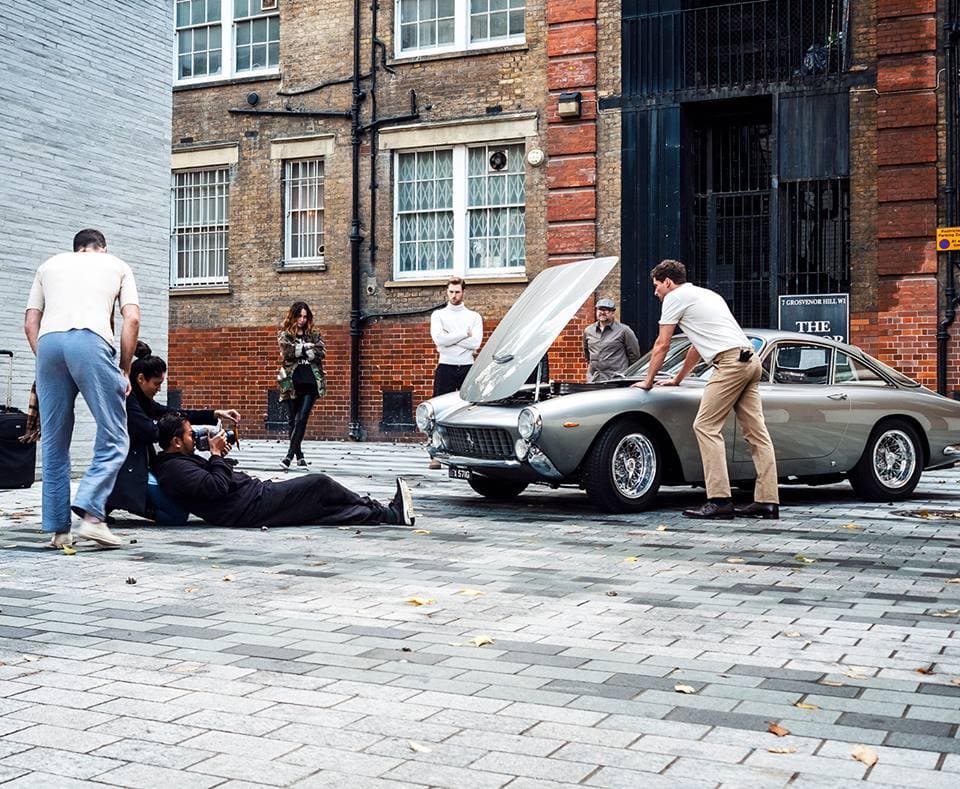
This is also seen at Private White V.C., a menswear label created by James Eden in 1997, whose great-grandfather Jack White was a soldier awarded the Victoria Cross in 1918. The brand’s collection describes itself as being inspired by White’s everyday wardrobe, and items are based on classic wartime pieces, updated with added functionality and detail.
At respected British watch brand Bremont, which manufactures many of its products in Henley-on-Thames and Silverstone, the past is very much a part of the present. Brothers Nick and Giles English started the business in 2002, in part as a tribute to their father, who died years earlier in a plane crash.

Both Nick and Giles were introduced to watchmaking through their father and speak often of their love of vintage watches. When launching the brand, the brothers explained that they were inspired by modern design – seen in collaborations with brands like Jaguar and Boeing – but that they also felt closely connected to England’s history of watchmaking.
“We were conscious that when we started we did not want to relaunch an old brand, which we could have easily done,” says Giles. “We are always very proud of the history of British watchmaking; a major part of what we are about is bringing watchmaking back to the UK.”
Tom Broughton, founder of spectacle brand Cubitts, also explains how his approach is about nurturing the enduring qualities of British design, and harnessing that history as part of his brand identity. He explains how the first pair of spectacles was created in Soho in 1730, and that, for two centuries, London was a hallmark of small-scale craft.
“For us, it’s about a set of principles – offering services and products that were once a by-word for Britishness. We look to celebrate our oft-forgotten British industry.”
Made in Britain
The ‘Handcrafted in the UK’ or ‘Made in England’ moniker provides a brand certain kudos. “Although not strictly a heritage brand, we have adopted traditional principles in our approach to the design and manufacture of our products,” says Simon Hadden, director at leather bag manufacturer Alfie Douglas. “Before mass production, products were made in small workshops by a handful of people, materials were sourced locally and the supply chain was minimal. We adopt the same principles by designing, sourcing and making all of our products ourselves. We even produce our own design work, photography and marketing.”
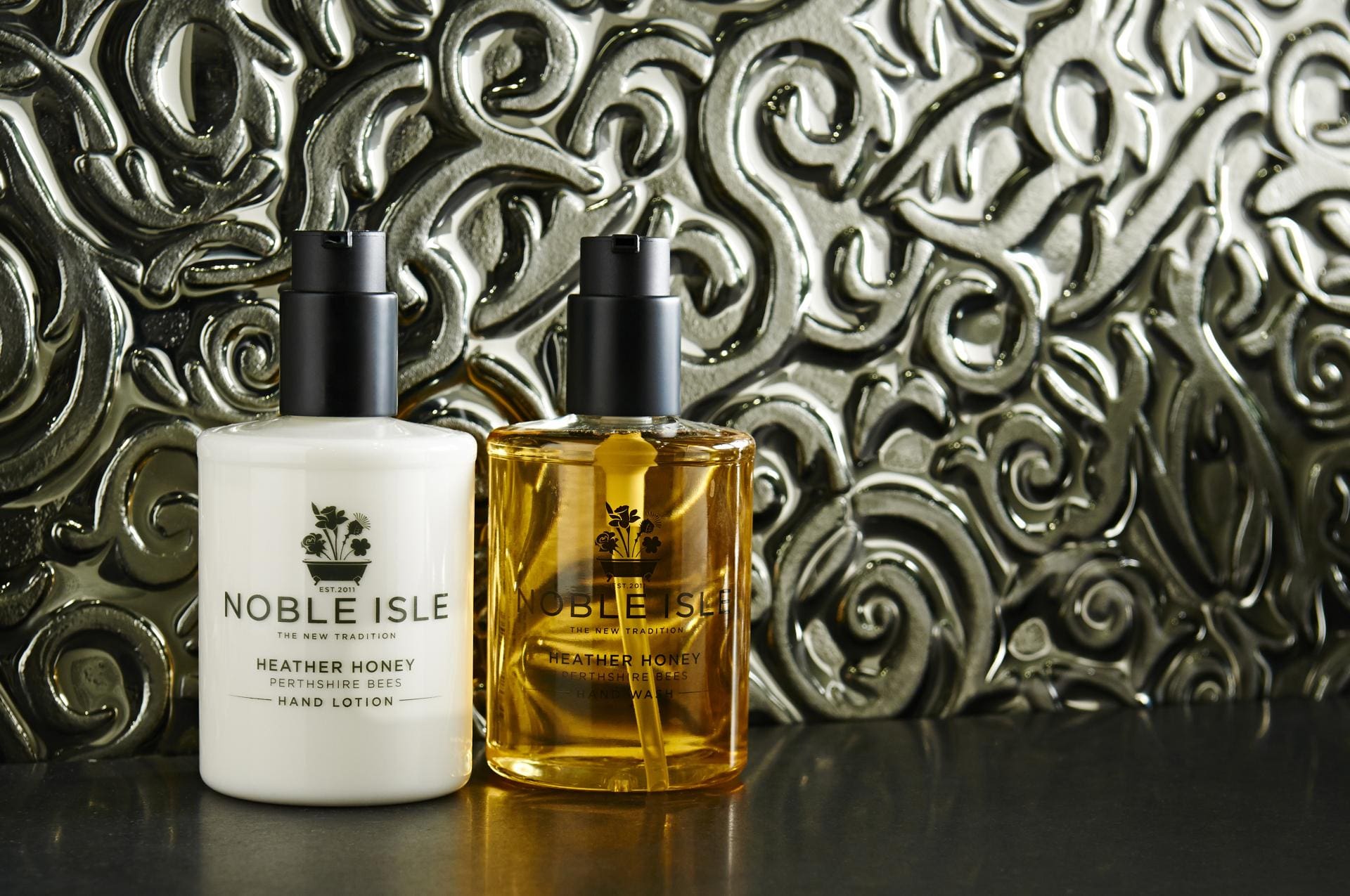
Interiors brand Josephine Home – another Walpole member – puts a big emphasis on provenance, too. “It would be wrong to ignore all that Britain has to offer in the world of bespoke craftsmanship,” says founder and creative director Stephanie. “Although we are relatively young [10 years] we are leveraging centuries of transmitted knowledge and expertise. In a world where there is such an affluence of largely similar products, ‘Made in Britain’ carries a lot of weight – it’s becoming rarer and rarer.”
Quintessential Branding
Founder of his eponymous ceramics company, Richard Brendon says that British heritage deeply informed his company logo, from colour to typeface. “Our logo takes inspiration from a British typeface called Johnson, which was designed by Edward Johnson in 1913 for the London Underground. Our monogram draws inspiration from Victorian branding on British pottery and our signature colour is a dark blue that references the most prevalent colour used in British ceramics, cobalt blue.”
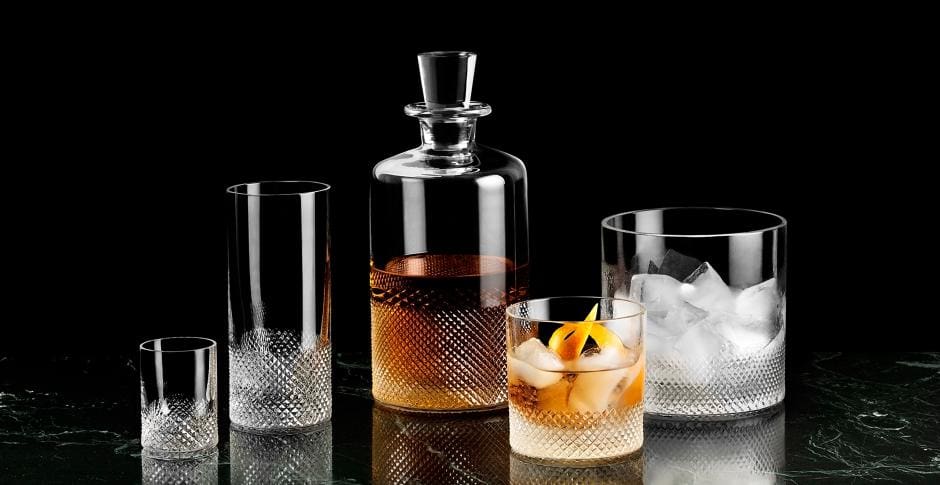
Beauty and fragrance brand, Noble Isle, references historical ideas in its products in order to create goods that appear at once contemporary yet classic. “For me,” says founder and director Katy Simpson, “designs from the past look so robust, brave and timeless. Although Noble Isle is a young brand, it has the look and feel of being well established. We often talk about ‘The New Tradition’ – in fact, it’s printed on all of our packaging and is an integral part of our logo.” Even the brand’s name speaks to something of a long forgotten Britannia – a noble and ancient isle.
For all this talk of heritage, many new brands are proud of their recent beginnings. “Heritage is very important to me and my brand,” says Richard Brendon. “We work with heritage craft industries and I am inspired by the products they have made and the skills they have mastered over the centuries. Having said this, I would not consider Richard Brendon to be a heritage brand, we are a new brand that embraces heritage.”
Scott Thomson of Astley Clarke agrees: “We are actually rather proud to be a young brand. We embrace a modern approach, but do like to point to a good British spine.”




